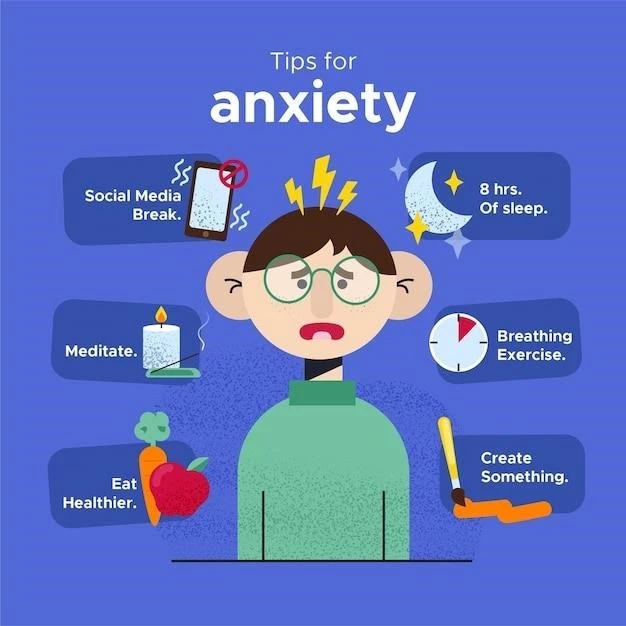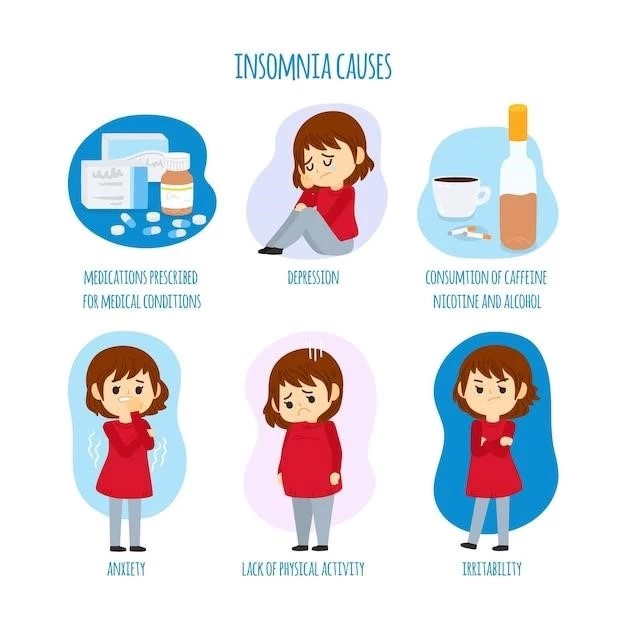Understanding the signs and management options for individuals with Trisomy 5q abnormalities.
Overview of Trisomy 5q
Trisomy 5q‚ a chromosomal condition‚ is characterized by an extra copy of a portion of the long arm of chromosome 5. This can lead to various physical and developmental abnormalities. Common symptoms include intellectual disability‚ slow growth‚ distinctive facial features‚ and skeletal anomalies. Treatment focuses on addressing the specific symptoms and may include early intervention services‚ speech therapy‚ physical therapy‚ and educational support tailored to each individual’s needs. Regular monitoring by healthcare professionals is essential to manage the condition effectively.
Treatment Options
Treatment for individuals with Trisomy 5q focuses on addressing specific symptoms to improve quality of life. Therapies such as physical therapy‚ occupational therapy‚ speech therapy‚ and behavioral interventions can help manage developmental delays and enhance overall functioning. Specialized medical care and regular monitoring are crucial to address health issues that may arise. Individualized education programs and support services can aid in maximizing the individual’s potential. Multidisciplinary collaboration among healthcare providers‚ educators‚ and caregivers is essential to create a comprehensive treatment plan tailored to the unique needs of each individual with Trisomy 5q.
Genetic Counseling for Chromosome 5 Disorders
Exploring the significance and benefits of genetic counseling for individuals and families affected by Chromosome 5 disorders.
Role of Genetic Counseling
Genetic counseling plays a crucial role in providing individuals and families with information about Chromosome 5 disorders‚ including Trisomy 5q. It helps in understanding the genetic basis of the condition‚ risks of recurrence‚ and available testing options. Genetic counselors offer support‚ guidance‚ and resources to help individuals make informed decisions regarding their healthcare management and family planning. By facilitating communication between healthcare providers and families‚ genetic counseling empowers individuals to navigate the complexities of genetic conditions and access appropriate care tailored to their unique needs.
Benefits of Genetic Counseling
Genetic counseling offers numerous advantages for individuals and families dealing with Chromosome 5 disorders like Trisomy 5q. It provides emotional support‚ helps in understanding complex genetic information‚ and aids in making informed decisions about medical care and family planning. By clarifying the nature of the condition and outlining available resources‚ genetic counseling empowers individuals to navigate their healthcare journey effectively. Moreover‚ it facilitates proactive management of the condition‚ enabling individuals to access appropriate medical interventions and support services tailored to their specific needs.
Understanding Chromosome Abnormalities
Exploring the complexities and implications of chromosome abnormalities‚ including Trisomy 5q‚ in individuals.
Chromosome 5 Disorders
Chromosome 5 disorders encompass a range of genetic conditions‚ with Trisomy 5q being one of the notable anomalies. These disorders result from abnormalities in the structure or number of genes on chromosome 5‚ leading to various physical and developmental challenges. Understanding the specific genetic variations associated with Chromosome 5 disorders is essential for accurate diagnosis and management strategies. Genetic testing‚ counseling‚ and multidisciplinary care play vital roles in supporting individuals and families affected by these disorders‚ promoting informed decision-making and tailored interventions to optimize outcomes.
Managing Developmental Delays in Trisomy 5q
Strategies for addressing and supporting developmental delays in individuals with Trisomy 5q abnormalities.
Evaluation and Early Intervention
Early evaluation and intervention are essential for individuals with Trisomy 5q to address developmental delays promptly. Comprehensive assessments by healthcare professionals can identify specific areas of concern‚ guiding the implementation of tailored intervention strategies. Early intervention programs‚ including physical therapy‚ speech therapy‚ and occupational therapy‚ aim to enhance developmental outcomes and improve quality of life. By providing timely and targeted support‚ early intervention plays a critical role in maximizing the potential for individuals with Trisomy 5q and promoting their overall well-being;
Research Advances in Trisomy 5q
Exploring the latest scientific developments and findings related to Trisomy 5q for enhanced understanding and management.
Current Studies and Findings
Ongoing research on Trisomy 5q is contributing to a deeper understanding of the genetic mechanisms and potential therapeutic targets associated with this chromosomal abnormality. Recent studies have shed light on the variability of symptoms‚ effective treatment strategies‚ and genetic counseling approaches tailored to individuals with Trisomy 5q. The exploration of molecular pathways and innovative interventions is paving the way for advancements in diagnosing and managing this condition. By staying abreast of current studies and findings‚ healthcare professionals can offer improved care and support to individuals affected by Trisomy 5q.
Support Groups for Families Affected by Chromosome 5 Conditions
Discovering community resources and networks to provide assistance and solidarity for families impacted by Chromosome 5 conditions.
Community Resources
Community resources play a vital role in supporting families affected by Chromosome 5 conditions like Trisomy 5q. These resources encompass a range of services such as counseling‚ educational programs‚ respite care‚ and financial assistance. Non-profit organizations specializing in genetic disorders and developmental disabilities can offer valuable support and advocacy. Additionally‚ online forums and support groups provide platforms for families to connect‚ share experiences‚ and access information. By tapping into community resources‚ families can enhance their knowledge‚ find emotional support‚ and navigate the challenges associated with Chromosome 5 conditions more effectively.
Early Intervention Strategies for Children with Trisomy 5q
Implementing multidisciplinary approaches to optimize developmental outcomes for children with Trisomy 5q.
Multidisciplinary Approach
A multidisciplinary approach involving healthcare professionals‚ therapists‚ educators‚ and caregivers is essential for addressing the complex needs of children with Trisomy 5q. This collaborative strategy ensures comprehensive evaluation‚ personalized intervention plans‚ and consistent support across various domains such as physical development‚ communication skills‚ and social interactions. By leveraging the expertise of diverse professionals‚ this approach maximizes the potential for positive outcomes and enhances the overall well-being of children with Trisomy 5q. Coordination among team members and integrated interventions are key components of the multidisciplinary approach in promoting optimal growth and development for these individuals.

Coping with the Challenges of Chromosome 5 Disorders
Implementing strategies to effectively manage and navigate the complexities associated with Chromosome 5 disorders.
Psychosocial Support
Psychosocial support is crucial for individuals and families navigating the challenges posed by Chromosome 5 disorders like Trisomy 5q. Access to counseling services‚ support groups‚ and mental health resources can help in addressing emotional well-being‚ stress management‚ and coping mechanisms. By providing a supportive environment and fostering resilience‚ psychosocial support plays a significant role in enhancing quality of life and promoting holistic care for those affected. Empowering individuals to share experiences‚ express emotions‚ and develop effective coping strategies is essential in navigating the psychosocial aspects of living with a Chromosome 5 disorder.
